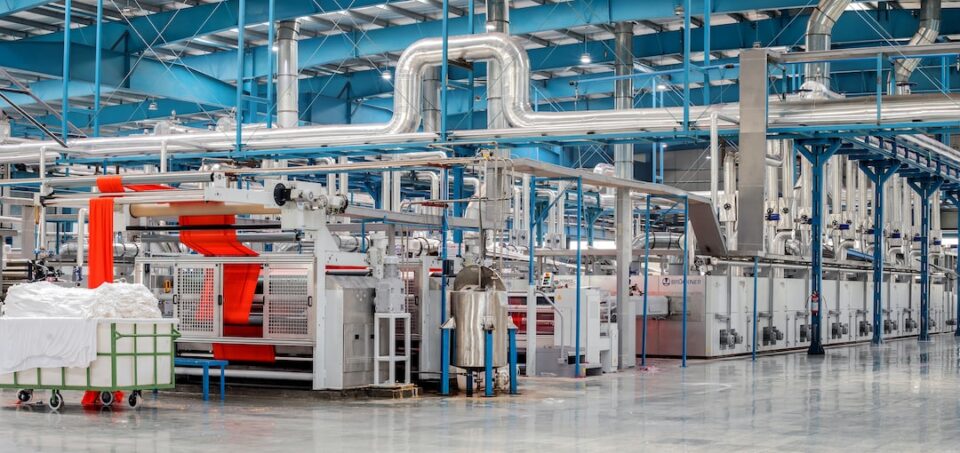The Impact of Internet of Things on Manufacturing Operations
The manufacturing industry has undergone significant changes with the advent of the Internet of Things (IoT). This technological revolution has brought about a new era of connected devices and sensors that have improved efficiency and productivity in manufacturing operations. Let’s take a closer look at how the IoT is impacting the manufacturing industry.
One of the major benefits of implementing IoT in manufacturing is improved visibility and real-time monitoring. With connected devices and sensors, manufacturers can track and analyze data from various processes, such as production lines, inventory management, and supply chains. This real-time data allows manufacturers to identify and address any bottlenecks or inefficiencies, leading to improved productivity and reduced downtime.
IoT-enabled devices also enable predictive maintenance in manufacturing operations. By collecting data on machine performance and using predictive algorithms, manufacturers can anticipate when a machine is likely to fail and schedule maintenance before it happens. This proactive approach helps avoid costly breakdowns and reduces the need for unscheduled downtime, ultimately saving both time and money.
Furthermore, IoT has revolutionized inventory management in manufacturing. Traditionally, manufacturers had to manually track inventory levels and place orders when supplies were running low. With IoT, connected sensors can automatically monitor inventory levels in real-time and trigger orders when supplies need to be replenished. This automation streamlines the supply chain, reduces the risk of stockouts, and ensures that manufacturers always have the right amount of inventory on hand.
Another way IoT is impacting manufacturing is through the integration of robotics and automation. Connected robots can work alongside human workers, enhancing efficiency and precision on the production line. These robots can be programmed to perform repetitive tasks, freeing up human workers to focus on more complex and strategic activities. This not only improves productivity but also enhances worker safety by reducing the risk of accidents and injuries.
In addition to these benefits, IoT also enables manufacturers to track and optimize energy consumption. Connected sensors can collect data on energy usage in real-time, allowing manufacturers to identify areas of energy waste and implement energy-saving strategies. This not only reduces operational costs but also contributes to environmental sustainability by promoting energy-efficient practices.
Overall, the impact of IoT on manufacturing operations cannot be underestimated. From improved visibility and real-time monitoring to predictive maintenance, inventory management, robotics integration, and energy optimization, IoT has revolutionized the manufacturing industry. By leveraging the power of connected devices and sensors, manufacturers can not only increase efficiency and productivity but also reduce costs and improve sustainability. As IoT continues to evolve, we can expect even more advancements and innovation in manufacturing operations, further transforming the industry for the better.


